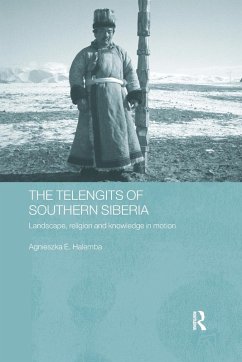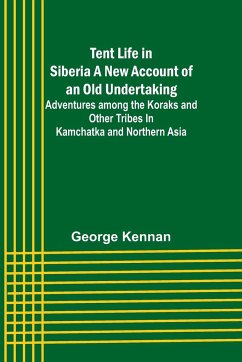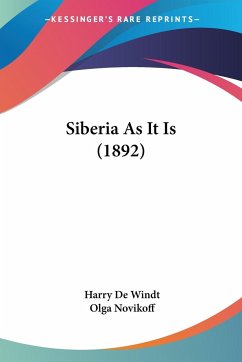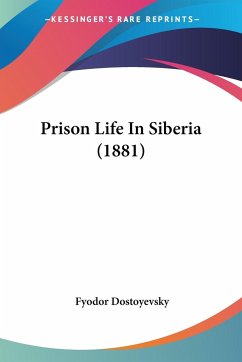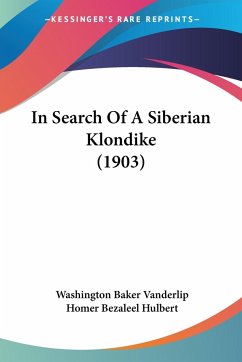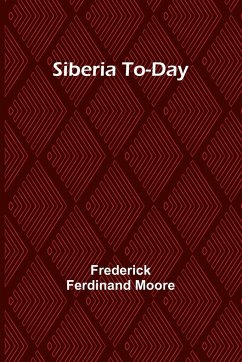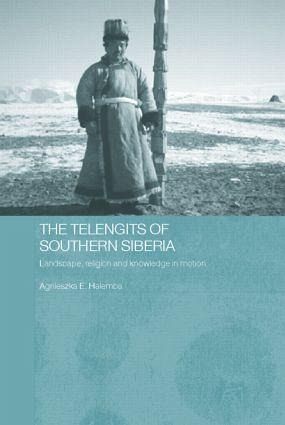
The Telengits of Southern Siberia
Landscape, Religion and Knowledge in Motion
Versandkostenfrei!
Versandfertig in 1-2 Wochen
187,99 €
inkl. MwSt.
Weitere Ausgaben:

PAYBACK Punkte
94 °P sammeln!
This new and engaging study explores the religion and world outlook of the Telengits of Altai. It provides a comprehensive anthropological account of the contemporary religious life of the Telengits, holding important implications for wider debates in sociology and politics.




